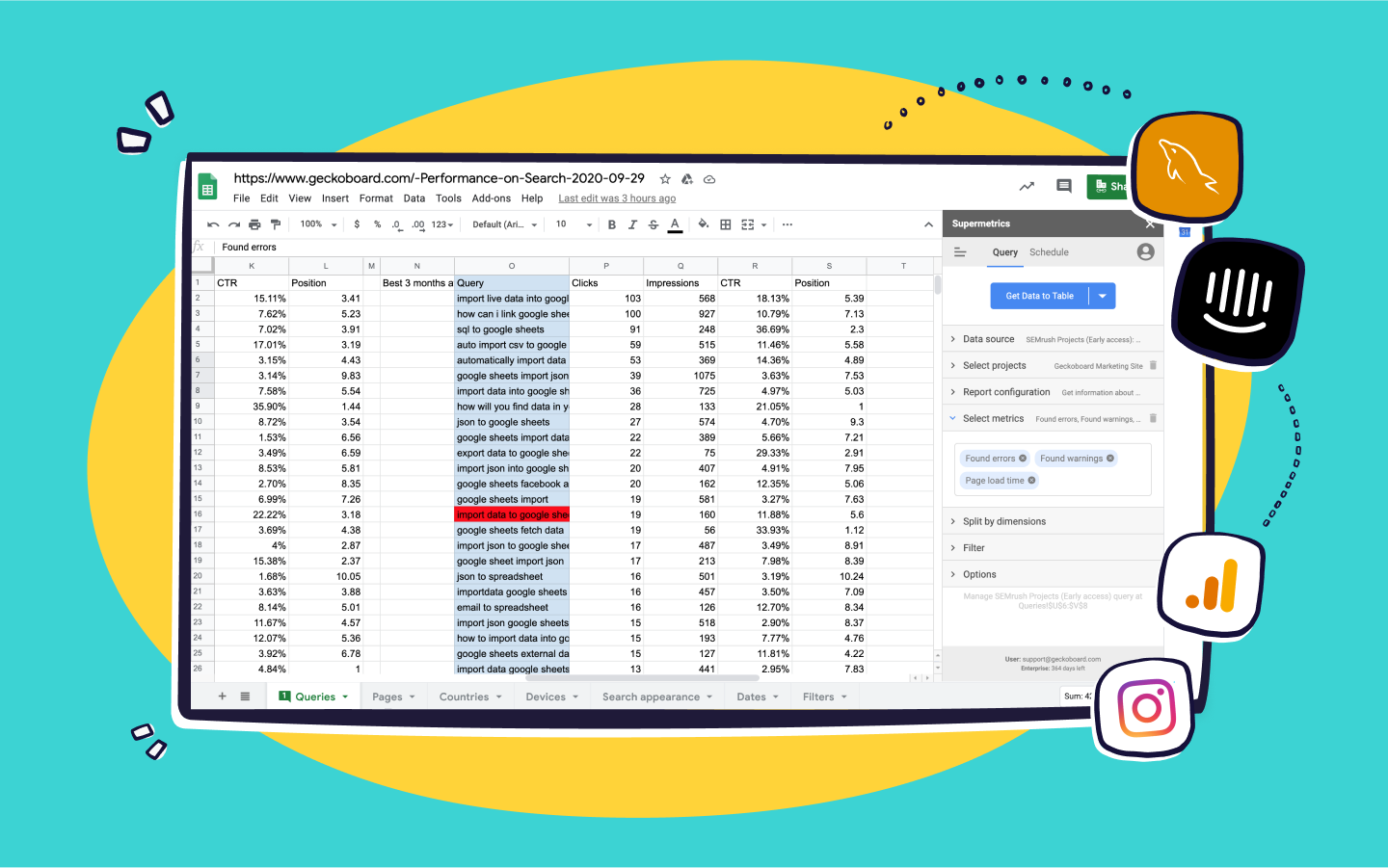10 Reasons Why Using Spreadsheets is a Bad Idea
25.07.2022

Capitalization tables (or cap tables) provide an analysis of a company’s percentages of ownership, equity dilution, and value of equity in each round of investment by founders, investors, and other owners. Developing a cap table and making related decisions can be complicated and overwhelming. Failing to have a clear picture of your company’s share ownership is equivalent to mismanaging company finances. Without a detailed view of who owns what it’s impossible to understand your current and future positions. Many startups create cap tables using spreadsheets, which is ok (but still not ideal) when there are only 2 or 3 owners, but this doesn’t scale. Depending on which study you read, those spreadsheets contain mistakes 70-95% of the time.
Here are 10 reasons why you should stop using a spreadsheet and invest in reliable cap table management software:
Intimidation factor: While the spreadsheet owner may be a superuser and find it to be helpful, other users may find it intimidating or confusing.
Data confusion: It may be challenging to interpret what’s important and what isn’t when looking at all the raw data. Users may need training on interpreting the data, especially if the format of the spreadsheet continuously changes, or when column and row labels are not consistent or descriptive.
Difficult to analyze: And as the spreadsheet gets larger – data may be misinterpreted, leading to reporting incorrect information or acting on wrong information.
No historical data: Spreadsheets are generally ‘updated,’ so the organization loses its historical data, and practicing version control is not foolproof. This also makes it impossible to spot trends or compare data. Without historical information on spreadsheets, it makes it even more challenging to recreate history. Plus, it makes it difficult and costly to convert to a software solution in the future, especially when critical information that should have been tracked from the beginning is missing.
No single source: Users in different departments and outside investors may be using different versions of the spreadsheet since they do not have access to the master. Even if they are provided the most current version – they may be pulling information from an older version without knowing it.
Overwritten data: In general, the cells in a spreadsheet are not locked, making it common for data to be overwritten without knowing it. It is easy to make a change in a cell without knowing it. Formulas can be overwritten or broken by accident. Unfortunately, this may not be discovered until it is too late.
Delays in analyzing data: It takes longer to forecast, model or generate data with an effective date, especially if different scenarios are in play.
Data privacy: It’s difficult to limit access to a spreadsheet, so it will be harder to comply with data privacy regulations.
Lack of security: The spreadsheet can easily be hacked or tampered with, making it harder to trust the data. As more people are working from home these days, their computers may lack basic security protocols to prevent unauthorized access to the sheets. And although most systems provide automatic back-ups, a spreadsheet saved on someone’s laptop can be easily deleted or lost.
Lack of experience: Unless the owner of the spreadsheet worked for a private company before or survived an IPO or acquisition, the data needed for a ‘change in control’ may not be included in the spreadsheet or calculated correctly, forcing the organization to start from scratch and try to recreate the history.
Your cap table should provide you with actionable business intelligence and management, so building a cap table that’s ready to scale should be a priority. Leverage the right resources and best practices and stop managing your cap table in a spreadsheet. By implementing Astrella as your ownership management solution, you remove the need to use spreadsheets while keeping your data secure, accurate, and updated.
Here are 10 reasons why you should stop using a spreadsheet and invest in reliable cap table management software:
Intimidation factor: While the spreadsheet owner may be a superuser and find it to be helpful, other users may find it intimidating or confusing.
Data confusion: It may be challenging to interpret what’s important and what isn’t when looking at all the raw data. Users may need training on interpreting the data, especially if the format of the spreadsheet continuously changes, or when column and row labels are not consistent or descriptive.
Difficult to analyze: And as the spreadsheet gets larger – data may be misinterpreted, leading to reporting incorrect information or acting on wrong information.
No historical data: Spreadsheets are generally ‘updated,’ so the organization loses its historical data, and practicing version control is not foolproof. This also makes it impossible to spot trends or compare data. Without historical information on spreadsheets, it makes it even more challenging to recreate history. Plus, it makes it difficult and costly to convert to a software solution in the future, especially when critical information that should have been tracked from the beginning is missing.
No single source: Users in different departments and outside investors may be using different versions of the spreadsheet since they do not have access to the master. Even if they are provided the most current version – they may be pulling information from an older version without knowing it.
Overwritten data: In general, the cells in a spreadsheet are not locked, making it common for data to be overwritten without knowing it. It is easy to make a change in a cell without knowing it. Formulas can be overwritten or broken by accident. Unfortunately, this may not be discovered until it is too late.
Delays in analyzing data: It takes longer to forecast, model or generate data with an effective date, especially if different scenarios are in play.
Data privacy: It’s difficult to limit access to a spreadsheet, so it will be harder to comply with data privacy regulations.
Lack of security: The spreadsheet can easily be hacked or tampered with, making it harder to trust the data. As more people are working from home these days, their computers may lack basic security protocols to prevent unauthorized access to the sheets. And although most systems provide automatic back-ups, a spreadsheet saved on someone’s laptop can be easily deleted or lost.
Lack of experience: Unless the owner of the spreadsheet worked for a private company before or survived an IPO or acquisition, the data needed for a ‘change in control’ may not be included in the spreadsheet or calculated correctly, forcing the organization to start from scratch and try to recreate the history.
Your cap table should provide you with actionable business intelligence and management, so building a cap table that’s ready to scale should be a priority. Leverage the right resources and best practices and stop managing your cap table in a spreadsheet. By implementing Astrella as your ownership management solution, you remove the need to use spreadsheets while keeping your data secure, accurate, and updated.











